With a third of this Christmas’s free-range turkeys already lost to bird flu, Defra’s announcement yesterday of a nationwide housing order for England should offer some comfort to an increasingly beleaguered poultry sector.
That order will come into force next Monday, as part of the government’s latest bid to tackle the country’s worst-ever outbreak of a disease – one that has already led to the death or culling of around 2.3 million birds in October alone, from 79 separate cases across the UK.
It will legally require bird owners to keep their animals indoors and follow “stringent biosecurity measures to help protect their flocks from the disease, regardless of type or size”, according to Defra. It follows the announcement of an enhanced support package for producers on Friday.
But will it be too little too late to save British producers from ruin?
Bird flu has become an increasingly prevalent risk for poultry producers across the UK over the past five years. The total lost bird figure for this year’s season is on track to dwarf the total of 3.2 million birds that died or were culled during the entirety of the 2021/22 avian influenza season.
What’s particularly concerning is last year’s flu season was described as the “worst ever”. The 158 separate cases between October 2021 and September 2022 stand far in excess of the previous high of just 26 cases during the 2020/21 flu season.
The worsening conditions seen across poultry farms this year led chief vet Dr Christine Middlemiss to yesterday warn it was “now necessary for all birds to be housed until further notice”.
As a result, the poultry sector is already forecasting lower availability of fresh free-range turkeys this Christmas, and an inevitable increase in prices. This comes amid ongoing concerns over input cost inflation, with “avian flu just adding to the many cost of production challenges producers have been facing”, says British Poultry Council CEO Richard Griffiths.
Many seasonal turkey producers have therefore decided not to produce birds for next year, he adds, echoing warnings by Kelly Turkeys MD Paul Kelly a fortnight ago, when he told The Grocer he was aware of a number of businesses that had folded as a result of the outbreak.
That comes despite Defra’s housing order announcement and its move last Friday to allow turkey, goose and duck producers to slaughter their flocks early – so they can be frozen and defrosted in the run-up to Christmas, to then be sold as chilled.
The government will also pay compensation to affected producers at the start of any culling operation, rather than at the end, as part of Defra’s new support package.
The sector has backed the move, while calling for more compensation for birds lost before they’ve had the chance to be culled. One senior food sector source told The Grocer in October Defra’s Animal & Plant Health Agency often arrived too late to cull stricken animals, with whole flocks succumbing to the disease often within hours of a single case being detected.
Third of free-range turkeys now lost to bird flu as Defra introduces national housing order
But these are short-term, reactive measures. Looking at the longer term, there is a growing clamour from the poultry sector for a proactive approach to safeguard the long-term future of the industry (and particularly seasonal poultry such as turkey, duck and goose) in the face of what looks like will become an annual challenge for producers.
This includes calls to ramp up efforts to develop a vaccination against a disease many fear is now endemic.
On this front, there are hurdles to overcome. Defra told The Grocer last month there were commercial vaccines available for some strains of avian influenza, but these drugs were “unlikely to provide full protection for the current strains circulating in Europe and in wild birds in the UK”.
Just like with the Covid vaccine, Defra also pointed out some vaccinated birds “would still be capable of transmitting the disease if they became infected whilst not displaying symptoms”.
Still, it is an avenue Defra is pursuing. On the BBC yesterday, Middlemiss confirmed vaccines were now very much on the agenda.
Given the severity of this year’s outbreak and the speed at which the disease has taken hold, the BPC’s Griffiths also believes government should be ready to move to housing orders far more rapidly.
He was one of many to have called for a housing order more than three weeks ago. In the time that has followed, many hundreds of thousands more birds have been lost to the disease, echoing the government’s delays in introducing a first Covid lockdown in 2020.
“That science-based and risk-based approach works when you have a limited number of cases,” he says. “But in a situation like this – when people are losing their livelihoods – there has to be a readiness to introduce imperfect information into the equation.”
Here’s hoping the housing order reduces the impact of this year’s outbreak. However, lessons will also have to be learned if the sector is to survive this outbreak and the ones to follow.







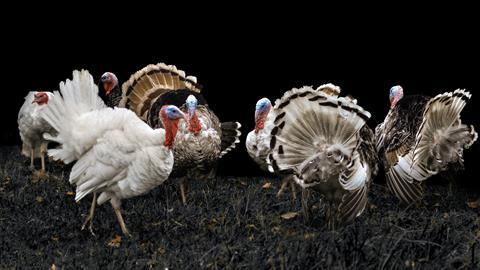
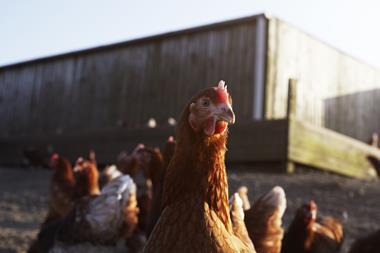
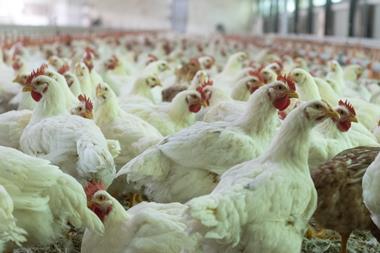
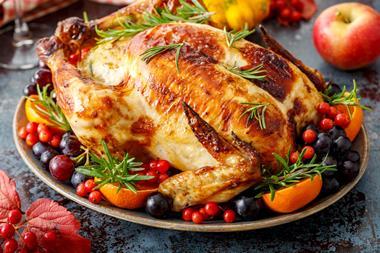
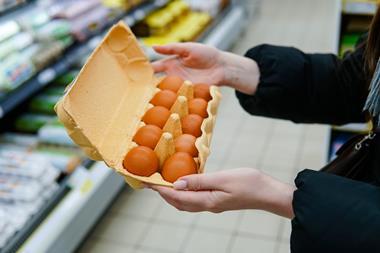
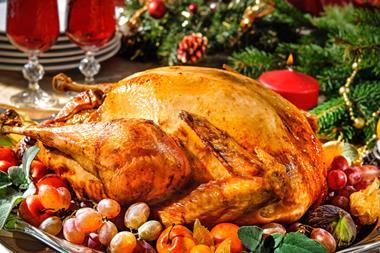
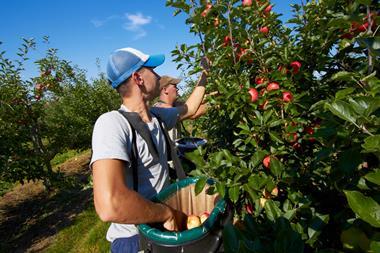






No comments yet